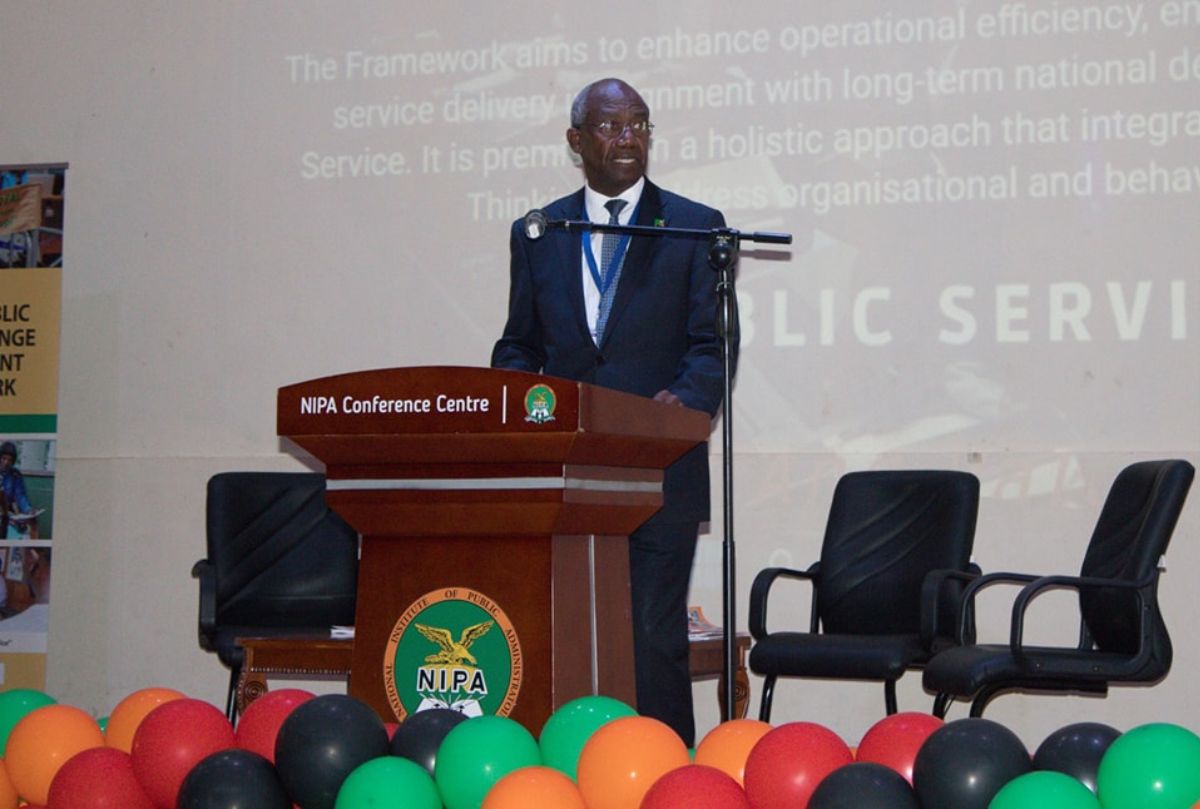The Government Wide Area Network (GWAN) is expanding to 88 locations around the country by SMART Zambia’s Infrastructure Department, marking a significant milestone in enhancing connectivity.
This expansion will improve local government and district administration offices.
The GWAN rollout, announced on Monday covered a number of provinces, including Eastern (16 sites), Western (12 sites), Southern (5 sites), Luapula (11 sites), Northern (13 sites), Muchinga (9 sites), Northwestern (7 sites), Copperbelt (6 sites), Lusaka (4 sites), and Central (11 sites), according to Paison Chikoye, Acting Assistant Director of the Infrastructure Department.
Read also: Wiggle Ventures partners with Zambia’s Ministry of Green Economy for sustainability conference
The project aims to link all local governments to the GWAN so that the Constituency Development Fund (CDF) Information Management System (IMS) may be implemented across the country.
Citizens’ gain from the GWAN
Citizens will benefit immensely from this initiative, as it will improve the management of funds, projects, and services effectively.
Furthermore, SMART Zambia, in partnership with the Zambia Revenue Authority (ZRA), has expanded the GWAN to border facilities immigration, and the Ministry of Commerce, Trade, and Industry in order to execute Coordinated Border Management (CBM).
The collaboration aims to improve services at important border crossings for both agencies and travellers.
Through the SmartCare Pro program, SMART Zambia has partnered with the Ministry of Health to digitise 1,000 healthcare facilities.
Patients can now create Electronic Health Records (EHRs), which cuts down on wait times and makes it easier to access medical records from various facilities.
Read also: Zambia to host 15th annual Mozilla Festival House (MozFest) focused on AI and social impact
About Smart Zambia
The Smart Zambia Institute, also described as the Electronic Government (e-Gov), is a branch of the Office of the President.
Its main responsibility is to oversee and advance electronic government procedures and services. The division is in charge of making these services accessible, with the goal of improving service delivery and citizens’ access to government services.
It also manages information and communication technology-related issues in public entities and plans e-government projects.
The division is empowered under the Electronic Government Act No. 41 of 2021, a governance law intended to improve service delivery and facilitate access to electronic government services.
His Excellency Mr. Hakainde Hichilema, President of the Republic of Zambia, signed the Electronic Government Act No. 41 of 2021 Commencement Order on January 7, 2022.
Therefore, the Smart Zambia Institute’s E-Government Division operates in compliance with the Electronic Government Act No. 41 of 2021.
















